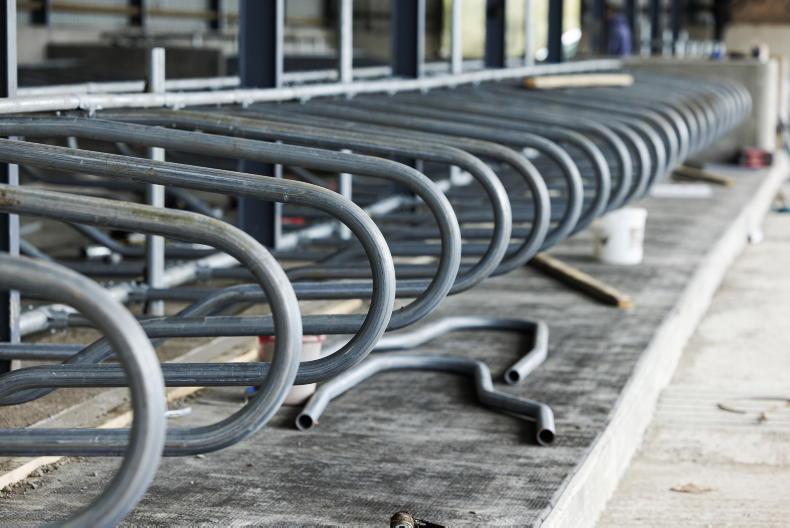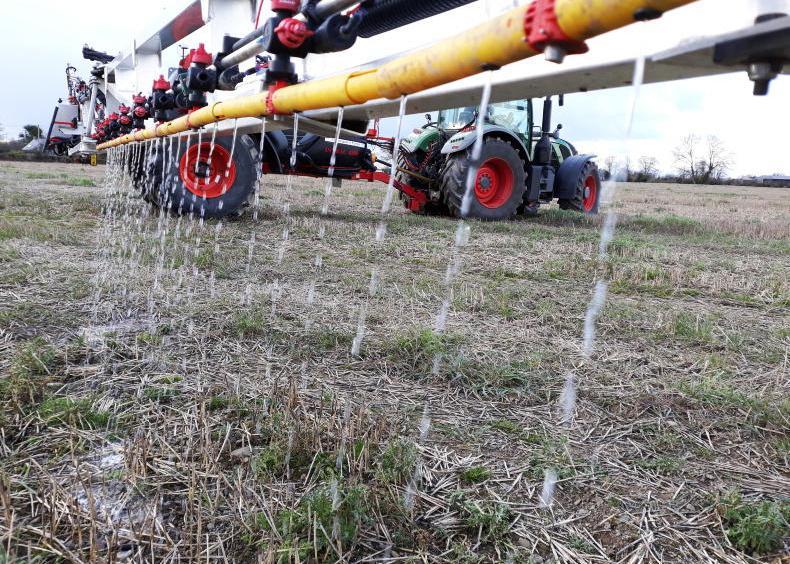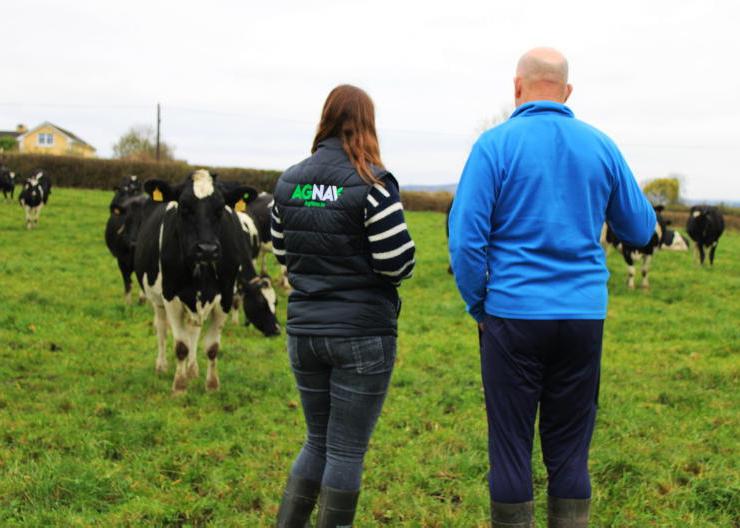Denmark-based Danske Bank, which also has significant operations in NI, has announced a new climate action plan which sets specific 2030 targets for carbon emission reduction across its financing and investment activities.
The bank estimates that it has an entire carbon footprint of 41mt, which mainly comes from customers and companies that the bank invests in, with this figure similar to
the total emissions from
Denmark as a whole. Last year Danske set reduction targets of 50% by 2030 for those in the most carbon-intensive sectors such as oil and gas, shipping and energy utilities.
Around 12% of Danske emissions are from agriculture, and in Denmark the government there has said that the agriculture and forestry sector should reduce GHG emissions by 55-65% by 2030 from a 1990 baseline.
While Danske expects its agriculture portfolio to achieve this policy objective, it has not yet set a specific target for agriculture, mainly due to “numerous new technologies” coming forward in the sector.
Other banks have made similar pledges, with Nat West (the owners of Ulster Bank) aiming to cut by at least half, the climate impact of its financing activity by 2030.
The various initiatives by banks highlight that pressure to reduce GHG emissions on NI farms is not just coming from government or retailers.
Farm loan
Meanwhile, there are some reports emerging of farmers being asked about what they are doing to reduce carbon when approaching banks for loans.
According to local dairy consultant Jason McMinn, a client of his was initially turned down for a loan to purchase land by a bank based in Britain, mainly because he did not have a carbon benchmark done. “The numbers all stacked up, but he was judged as not having done enough on that front. They’re starting to expect these reports to be on hand,” said McMinn.
A source in a local bank maintained that he did not require that information at present, but it could be something necessary “within the next five years”.
Read more
Key role for Ag Tech on NI farms
ABP Linden switches to renewable electricity made from its waste
Denmark-based Danske Bank, which also has significant operations in NI, has announced a new climate action plan which sets specific 2030 targets for carbon emission reduction across its financing and investment activities.
The bank estimates that it has an entire carbon footprint of 41mt, which mainly comes from customers and companies that the bank invests in, with this figure similar to
the total emissions from
Denmark as a whole. Last year Danske set reduction targets of 50% by 2030 for those in the most carbon-intensive sectors such as oil and gas, shipping and energy utilities.
Around 12% of Danske emissions are from agriculture, and in Denmark the government there has said that the agriculture and forestry sector should reduce GHG emissions by 55-65% by 2030 from a 1990 baseline.
While Danske expects its agriculture portfolio to achieve this policy objective, it has not yet set a specific target for agriculture, mainly due to “numerous new technologies” coming forward in the sector.
Other banks have made similar pledges, with Nat West (the owners of Ulster Bank) aiming to cut by at least half, the climate impact of its financing activity by 2030.
The various initiatives by banks highlight that pressure to reduce GHG emissions on NI farms is not just coming from government or retailers.
Farm loan
Meanwhile, there are some reports emerging of farmers being asked about what they are doing to reduce carbon when approaching banks for loans.
According to local dairy consultant Jason McMinn, a client of his was initially turned down for a loan to purchase land by a bank based in Britain, mainly because he did not have a carbon benchmark done. “The numbers all stacked up, but he was judged as not having done enough on that front. They’re starting to expect these reports to be on hand,” said McMinn.
A source in a local bank maintained that he did not require that information at present, but it could be something necessary “within the next five years”.
Read more
Key role for Ag Tech on NI farms
ABP Linden switches to renewable electricity made from its waste









SHARING OPTIONS